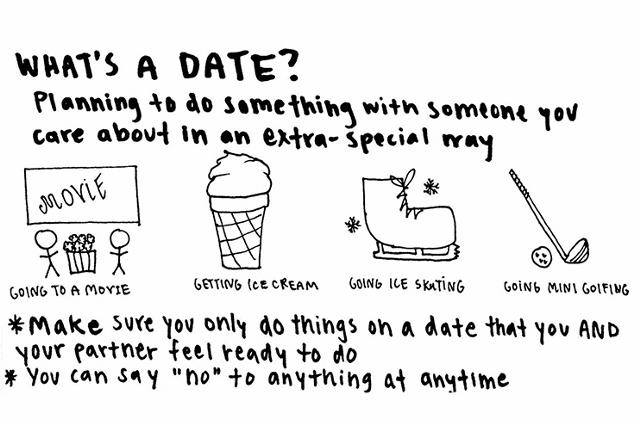-
About
-
Academics
- Physician Assistant
- Special Master’s (MBS)
-
Admissions & Financial Aid
- Tuition & Fees
-
Student Life
-
Research
- Research Labs & Centers
-
Local & Global Engagement
- Global Health Program
Why Sex Education Is Important for Students with Intellectual Disabilities
A course for young people with intellectual disabilities, designed by School of Medicine faculty and students to cut the risk of abuse, contains lessons for everyone

Talking to their adolescents about sex makes many parents squirm, yet studies repeatedly show that kids who receive accurate, comprehensive information on sexuality from multiple sources go on to have healthier relationships and lower rates of teenage pregnancy, sexually transmitted infections, and sexual abuse. But all too often sex education overlooks those who may need this information the most: young people with intellectual disabilities.
“There’s a common tendency to view people with intellectual disabilities as ‘asexual’ and minimize or deny the fact that they have sexual desires like anyone else,” said Laura Grubb, a pediatrician at Tufts Medical Center and assistant professor of pediatrics and public health and community medicine at Tufts University School of Medicine (TUSM). “I remember the mother of one of my patients who believed her intellectually disabled teenager wasn’t interested in dating, even though she knew he had crushes on girls in his class.”
Such ignorance is risky, Grubb said, because the intellectually disabled are particularly vulnerable to sexual exploitation and may find it difficult to be assertive and avoid unsafe or nonconsensual practices. In fact, data suggest that intellectually impaired adolescents are up to seven times more likely to suffer abuse than peers without such disabilities.
A team of TUSM faculty and students and Tufts Medical Center clinicians led by Grubb is working to reduce that risk as part of a sexuality-education course for intellectually disabled students at Josiah Quincy Upper School (JQUS), a public high school close to Tufts’ health sciences campus.